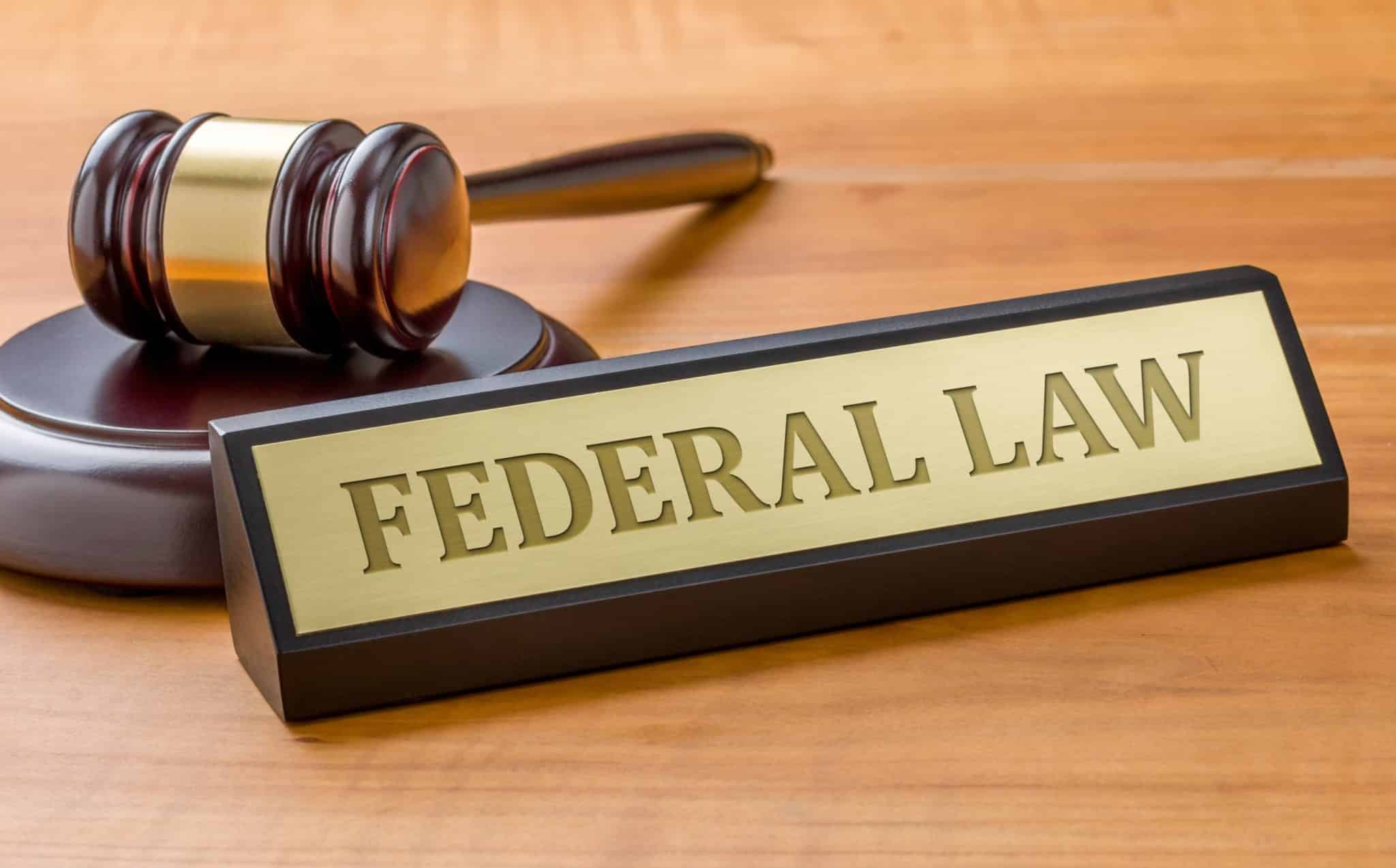There’s been much discussion in the media recently about federal search warrants. When many people hear this phrase, they wonder if a search by the federal government is as serious as it sounds. Can the FBI simply show up at your door because they think you did something illegal?
It’s important that everyone in the United States know how federal search warrants work. If you are familiar with where they come from and how they should be executed, then you can protect your own individual rights. Read on to find out the facts on federal search warrants.
Federal Search Warrants: What Are They?
Federal search warrants are issued by a judge or magistrate. In federal cases, that generally means a United States federal magistrate judge. These judges have the ability to authorize law enforcement agencies like the FBI to search for evidence of criminal activity. They may grant the search of a person or a place.
However, in order for a federal search warrant to be legitimate, it must meet numerous requirements, including:
- They must be issued by a magistrate or judge – no one else has the authority to issue one
- The warrant must be specific when talking about what person or place is to be searched and what is to be seized since people are protected by the Fourth Amendment of the United States Constitution
- Probable cause must exist for the warrant to be issued, which means there is evidence to believe a crime has been committed and evidence for that crime will be recovered during the search
It should be noted that probable cause is something based on facts that are known to the law enforcement agent who is requesting the warrant. It is often outlined in a written affidavit that is part of the request.
Protections Under the Constitution
The Fourth Amendment protects citizens from the unreasonable search and seizure by police. Searches done on your person or property require the judicial sanction of a search warrant and are required to be supported by probable cause.
In fact, the Fourth Amendment identifies particular expectations in connection with warrants for the search and seizure of items. Under the constitution, people are protected from unreasonable searches and seizures of their property by agents of the government. Judges order search warrants, authorizing law enforcement to conduct a search on premises that are designated before the search is underway and also outline items that can be seized.
This is not a process undertaken lightly, and there must be probable cause to believe a crime has been committed and that the evidence of the crime is likely to be found during a search.
Can You Fight Back?
If you believe that a federal search warrant was carried out on you or your property improperly, then you should consult with an attorney experienced in these matters. Every case has its own unique set of facts that must be examined to determine how a search warrant can be challenged.
Often, the biggest ways a warrant can be challenged is the seizure of items not identified on the warrant or if there wasn’t sufficient probable cause to get the warrant in the first place. These are things that your attorney can take a closer look at to ensure your rights were not violated.





